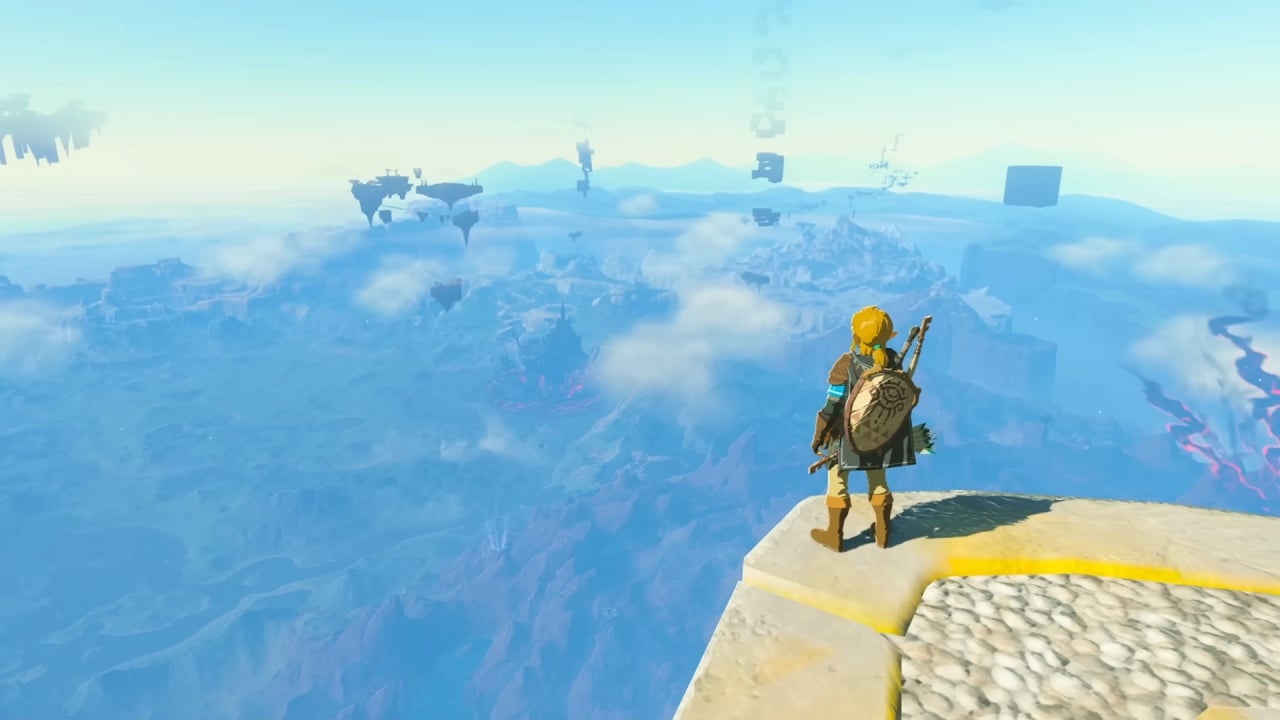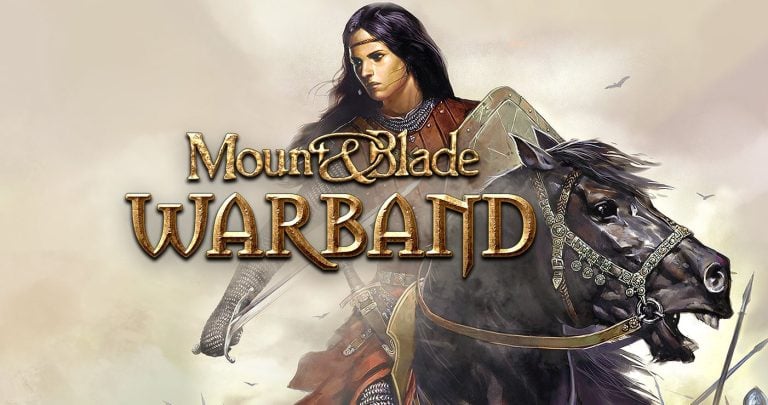A statement by The Legend of Zelda: Tears of the Kingdom producer Eiji Aonuma about linear games from his recent interview with IGN has been making headlines and sparking controversy in the overseas community recently. However, it feels like his words are being taken out of context and interpreted differently to what he likely intended.
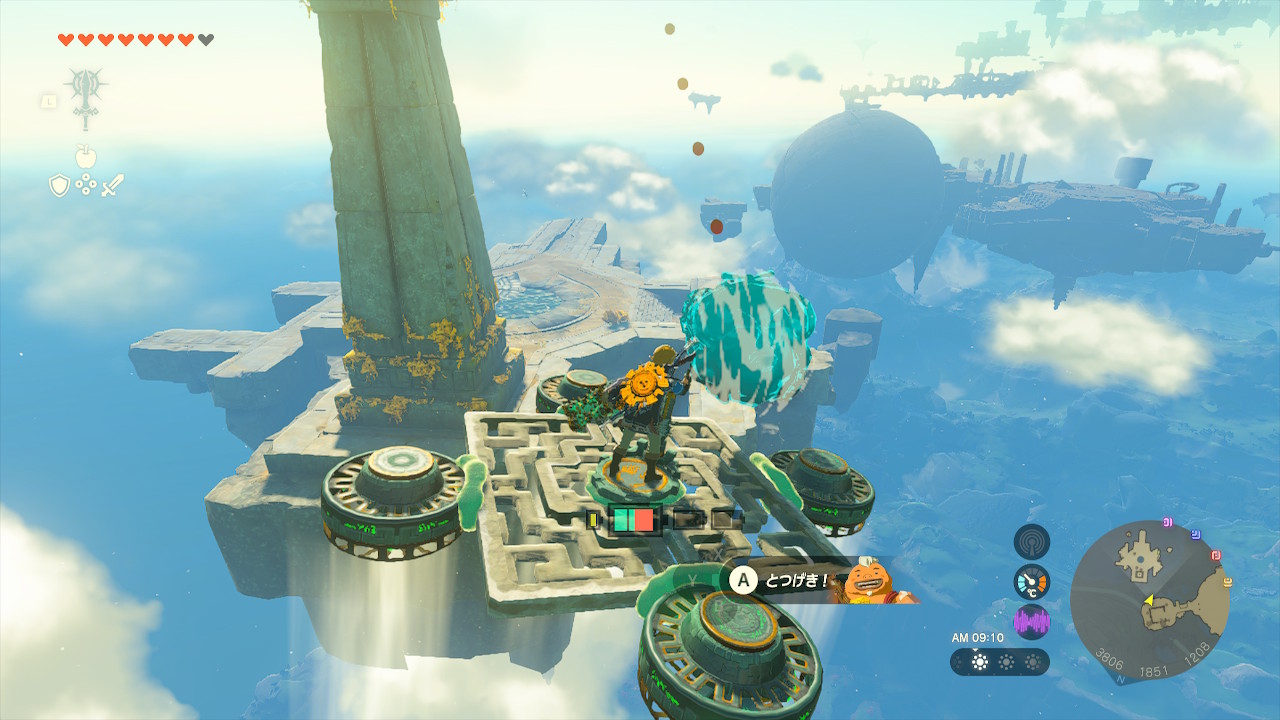
Since all the buzz started, some individuals have been drawing attention to the widespread misinterpretation of the quote from Aonuma. For example, X user @CartridgeGames brings attention to another user’s video with a thumbnail that features an “evil” Aonuma, with the words “OPEN=GOOD” and “LINEAR=BAD written out next to him, emphasizing Aonuma’s presumed disagreement with linear video games.
Following Aonuma’s interview, large media outlets reported on his stance using headlines such as “Eiji Aonuma thinks linear games are games of the past” and similar, which caused many to presume that Aonuma made a sweeping negative statement about video games with linear progression. The extensive reporting prompted waves of negative responses from users on X and Reddit
What did he mean to say?
Then, what was Aonuma trying to convey in the IGN interview? Elaborating on the development policy for Tears of the Kingdom in the interview, the game’s director Hidemaro Fujibayashi initially comments, “We didn’t want to create a game where players can’t do something because we don’t want them to see it” (or, as per the Japanese version: “We didn’t allow ourselves to make it so that the player can’t go somewhere just because we don’t want them to”). He goes on to explain how they designed the game so that the player is technically free to take on the ending sections of the game at any time, but is prevented from noticing this fact.
Aonuma, expressing agreement with Fujibayashi’s policy, comments that, “games where you need to follow a specific set of steps or complete tasks in a very set order are kind of the games of the past.” Although he mentions concerns about additional development costs as a producer, he is in complete agreement with Fujibayashi’s policy of making games that give the player the “freedom to flexibly proceed through the game.”
After that, the interviewer mentions fans’ nostalgia for traditional, more linear Zelda titles and asks how this aligns with the new policy of open-ended game design. In response, Aonuma says (as per the Japanese version), “I think our psychology makes us want what we don’t have anymore, and of course, I too feel some nostalgia for this past tendency (of Zelda games).” Furthermore, he goes on to explain that he considers Tears of the Kingdom to be linear too in a way, as it also has a linear path, but that this path is discovered by the player rather than decided for them by someone else. Aonuma comments that he doesn’t understand players’ wish to go back to games that restrict them when they have so much freedom now, but that he does understand the nostalgia.
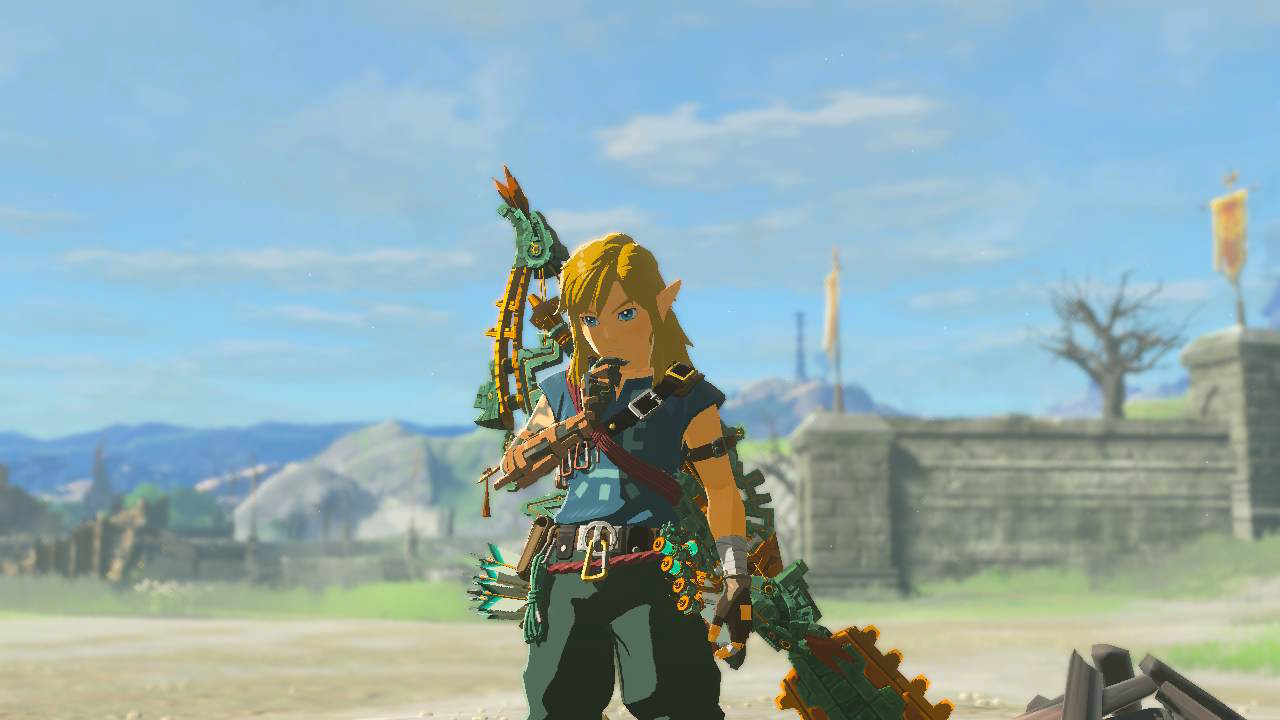
A difference in terminology
In other words, Aonuma did not say that “linear games are games of the past” at any point in the interview. Neither the Japanese nor English version of the IGN interview use this expression, but rather “games where you need to follow a specific set of steps or complete tasks in a very set order” and “games that can’t be played any other way than according to the set order” respectively. However, as the next question in the interview included the phrase “linear games,” this seems to have led to misrepresentation of the quote.
Furthermore, there’s probably a reason Aonuma did not use the term “linear game,” but rather opted to describe the exact type of game he means, i.e. it’s very possible he treats “games with linear progression” and “games with a set order of tasks” as different things. What he referred to as “games of the past” may very well have been what he sees as an extreme example of a game in which gameplay is completely set in stone with no scope for variation.
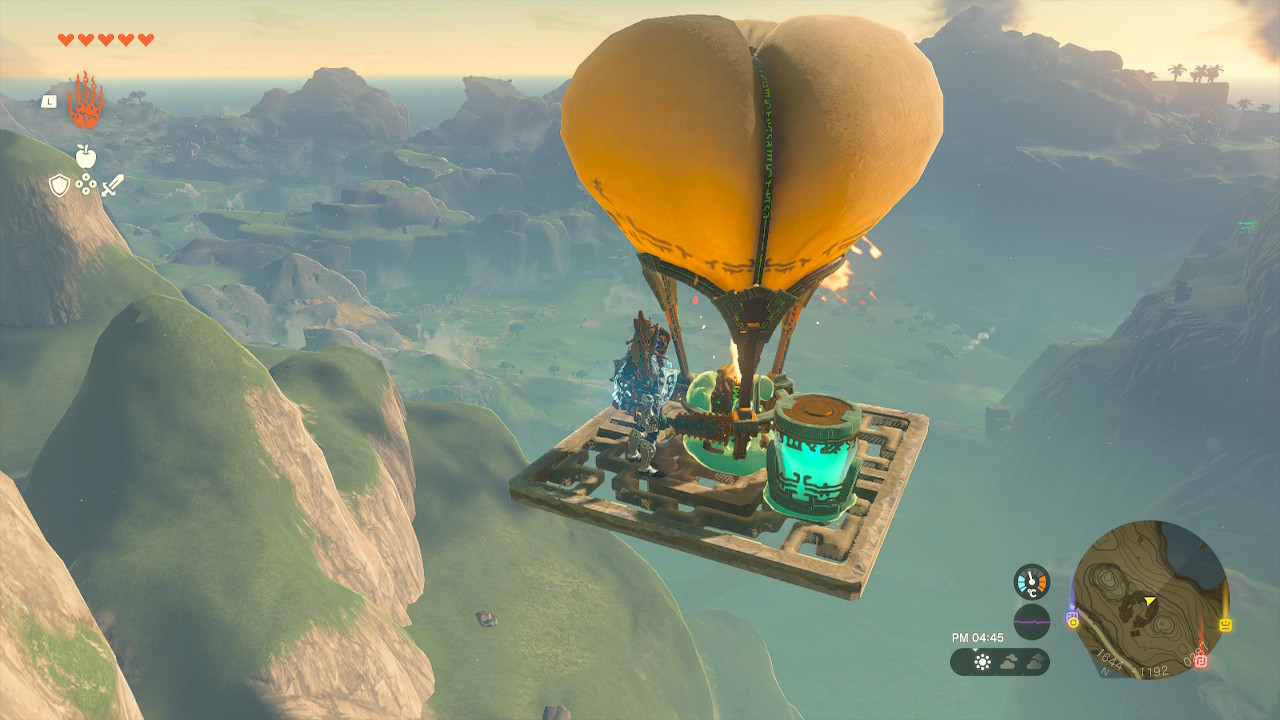
On a separate note, all of Aonuma’s statements were in the context of Zelda games and the evolution of their development policy, so they should probably not be taken to apply to all games of all genres in the first place. In a past interview with Game Informer, Aonuma had explained that for him, developing new Zelda titles is all about taking everything that has been established so far and creating something new to keep carrying the series forward. He added that the decision to change to open-air game design was made in accordance with this. So, fans probably shouldn’t interpret his comments as criticism of their beloved older titles in the series.
There’s a lot of nuance and context to be considered with Aonuma’s statement that “games where you need to follow a specific set of steps or complete tasks in a very set order are kind of the games of the past,” but since the context, as well as the words Aonuma specifically chose to express himself with were lost in many headlines, this resulted in much misinterpretation, as well as a lot of dissatisfied responses from users.
Written by. Amber V based on the original Japanese article (original article’s publication date: 2023-12-20 19:14 JST)

